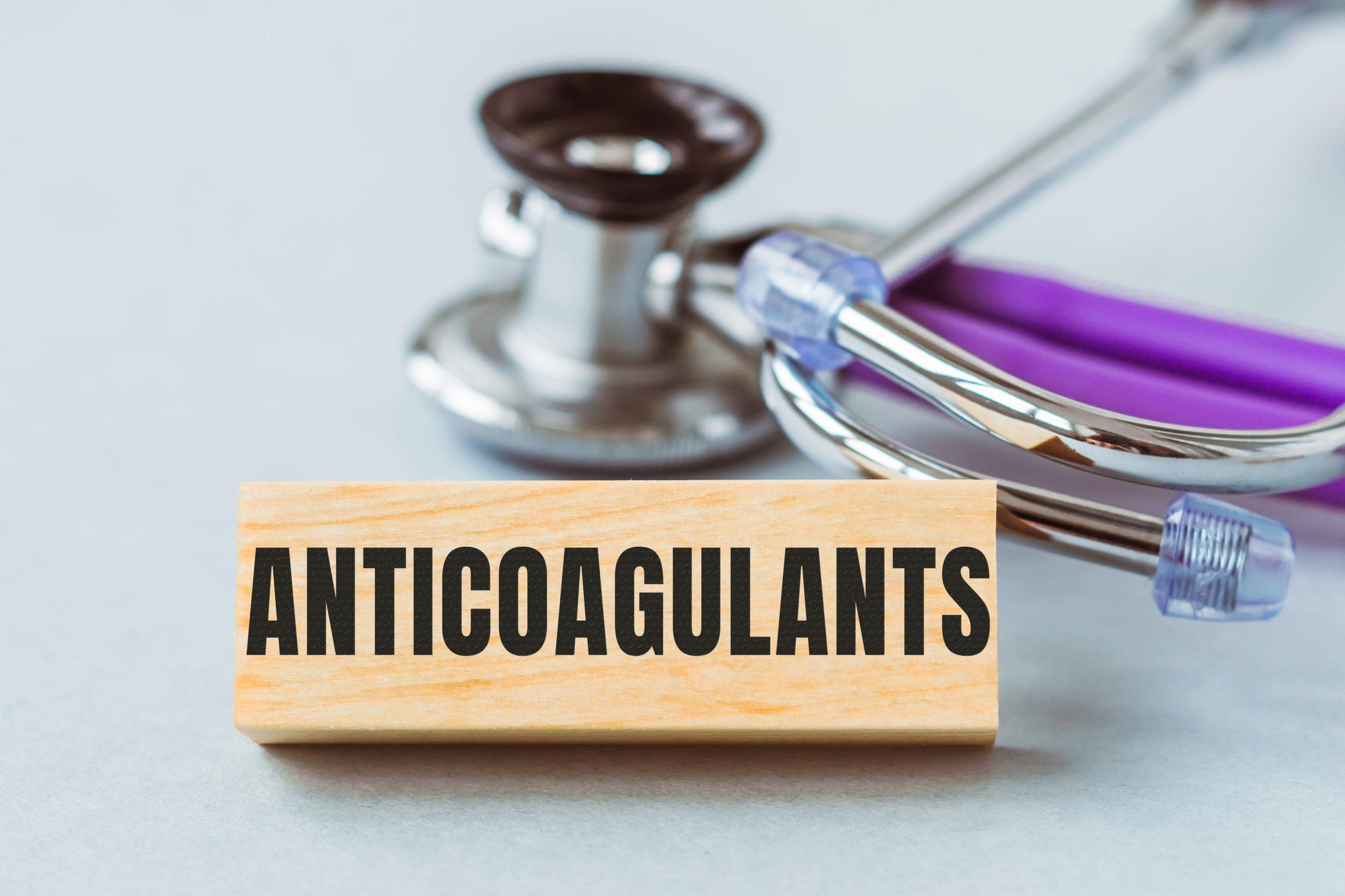Anticoagulants Market Overview: Innovation in Oral Anticoagulants Transforming the Treatment Landscape

The global anticoagulants market is witnessing a transformative shift, largely driven by the rapid adoption and innovation within oral anticoagulant therapies. As thromboembolic disorders such as atrial fibrillation (AFib), deep vein thrombosis (DVT), and pulmonary embolism (PE) continue to pose significant healthcare challenges, the evolution of treatment protocols has turned toward more effective, patient-friendly options. At the forefront of this evolution are novel oral anticoagulants (NOACs), which are redefining how clinicians approach long-term anticoagulation management and offering safer, more convenient alternatives to traditional therapies like warfarin. This article explores how innovation in oral anticoagulants is transforming the therapeutic landscape and reshaping the future of cardiovascular care.
The Rise of Oral Anticoagulants
Historically, warfarin dominated the anticoagulants market. However, its therapeutic limitations—such as narrow therapeutic windows, dietary restrictions, and the need for frequent INR monitoring—highlighted the demand for more manageable solutions. The emergence of NOACs has significantly changed this narrative. Drugs such as apixaban (Eliquis), rivaroxaban (Xarelto), dabigatran (Pradaxa), and edoxaban (Savaysa) offer predictable pharmacokinetics, fixed dosing, and fewer interactions with food and other medications.
These features have led to increased patient adherence, reduced healthcare burden, and better clinical outcomes, particularly for patients with non-valvular AFib and those recovering from orthopedic surgeries or at risk of recurrent DVT/PE.
Clinical Superiority and Safety Enhancements
Numerous large-scale clinical trials have demonstrated the efficacy and safety of NOACs compared to traditional vitamin K antagonists (VKAs). For example, the ARISTOTLE and ROCKET AF trials showed that apixaban and rivaroxaban, respectively, reduced the risk of stroke and systemic embolism in AFib patients with a significantly lower risk of major bleeding.
Moreover, NOACs have proven advantageous in special populations such as the elderly, cancer patients, and those with impaired renal function—groups that were historically challenging to manage with warfarin. This superior safety profile is leading to broader adoption in both inpatient and outpatient settings, further driving the oral anticoagulants market.
Innovation in Formulation and Drug Delivery
Pharmaceutical companies are investing heavily in next-generation oral anticoagulants that offer extended half-lives, reduced bleeding risks, and improved bioavailability. Extended-release formulations and once-daily dosing regimens are being developed to further simplify administration and enhance compliance, especially for elderly patients managing multiple medications.
In addition, efforts are underway to develop reversal agents for NOACs to manage emergency bleeding events. The FDA approval of idarucizumab (Praxbind) for dabigatran and andexanet alfa (Andexxa) for factor Xa inhibitors represents significant milestones in this area, addressing a critical concern that initially limited widespread NOAC use.
Digital Health Integration Enhancing Treatment Adherence
Another key innovation reshaping the anticoagulants landscape is the integration of digital health solutions. Mobile apps and smart devices are being used to remind patients to take medications, track symptoms, and schedule follow-ups. Wearable health technologies also enable real-time monitoring of vital signs, offering clinicians valuable insights for optimizing therapy.
These tools are especially impactful in managing long-term oral anticoagulation in patients with chronic conditions, improving adherence and minimizing risks associated with under- or over-anticoagulation.
Market Expansion and Competitive Landscape
The shift toward oral anticoagulants is also stimulating significant market expansion. As NOAC patents approach expiration, opportunities for biosimilars and generics are opening up, particularly in emerging markets with high disease prevalence and limited access to branded drugs. Generic versions of rivaroxaban and apixaban are expected to increase affordability and boost global market penetration.
Pharmaceutical giants such as Pfizer, Bayer, Bristol Myers Squibb, and Boehringer Ingelheim are maintaining their competitive edge through continuous R&D investment, strategic collaborations, and indication expansions. Simultaneously, newer entrants are developing improved oral anticoagulants and companion diagnostics that could further personalize and optimize anticoagulation therapy.
Challenges and Considerations
Despite their advantages, NOACs come with challenges. Their high cost relative to warfarin can limit accessibility in low- and middle-income countries. Moreover, unlike warfarin, routine laboratory monitoring for NOACs is not standard practice, which may delay detection of non-compliance or subtherapeutic exposure.
To address these gaps, there is a growing focus on pharmacogenomic testing, therapeutic drug monitoring tools, and education campaigns to ensure that patients and healthcare providers are well-informed about the proper use of NOACs.
Conclusion
The innovation in oral anticoagulants is redefining the standard of care in the management of thromboembolic diseases. From improved drug formulations and clinical outcomes to enhanced patient convenience and digital health integration, NOACs are driving a paradigm shift in anticoagulation therapy.
As research continues to evolve and global access expands, the anticoagulants market is poised for sustained growth. Strategic investments in innovation, education, and affordability will be essential to fully harness the potential of these life-saving therapies and to ensure equitable access across diverse healthcare systems worldwide.
- Art
- Causes
- Crafts
- Dance
- Drinks
- Film
- Fitness
- Food
- Jogos
- Gardening
- Health
- Início
- Literature
- Music
- Networking
- Outro
- Party
- Religion
- Shopping
- Sports
- Theater
- Wellness


